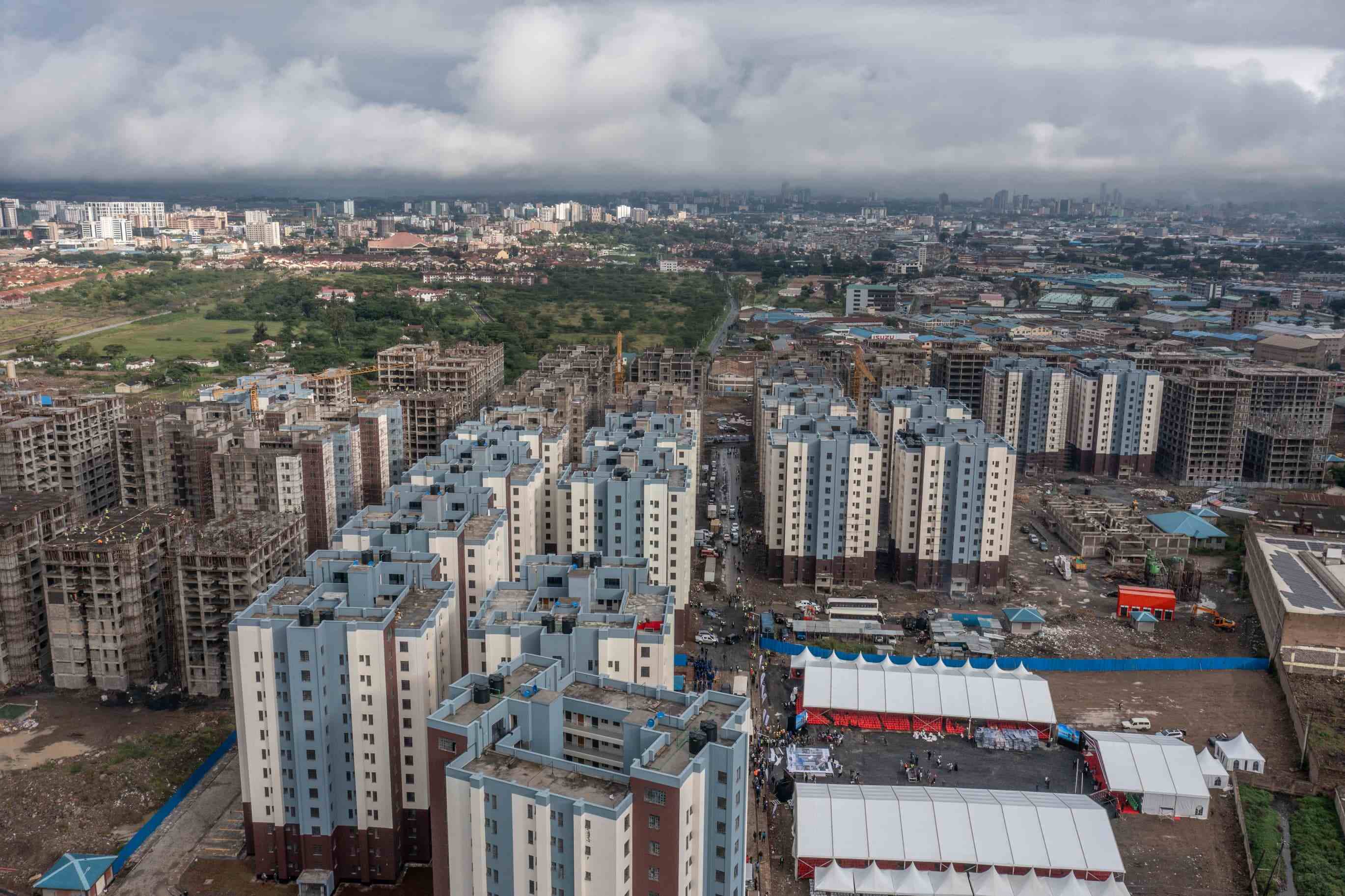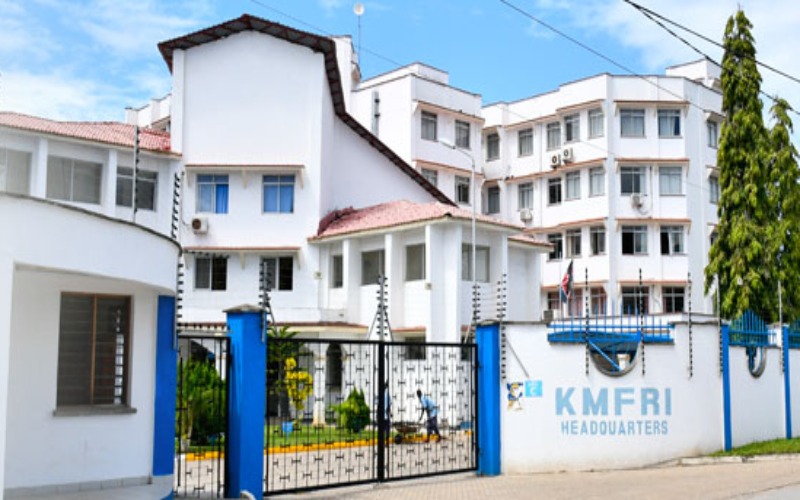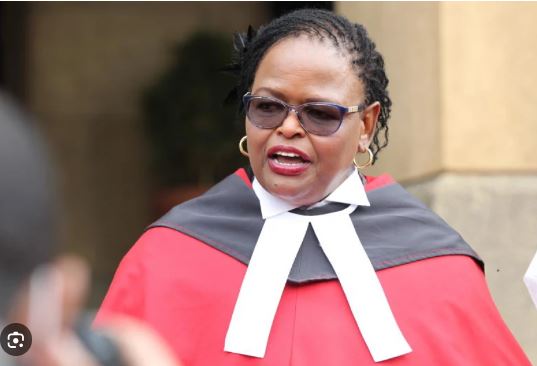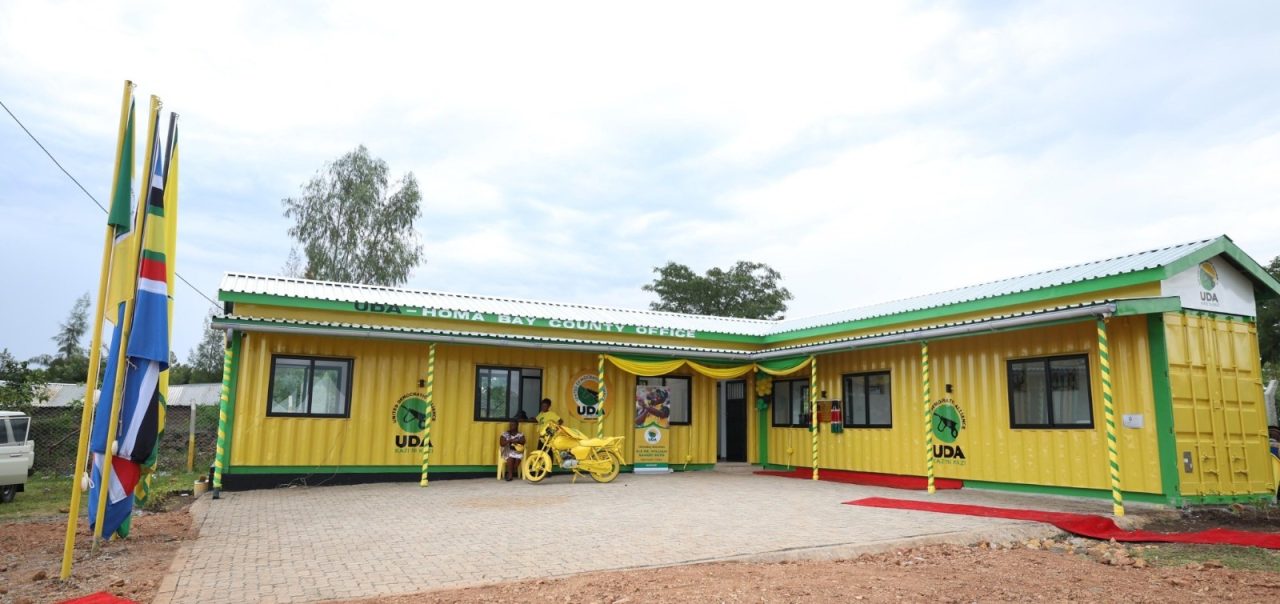Surveyors protest exclusion from major government projects

IQSK president Mutinda Mutuku urged the industry to fully comply with the Building Code 2024 to promote professionalism and safety in construction.
The Institute of Quantity Surveyors of Kenya has faulted the government for locking out professionals from key national projects such as the Affordable Housing Programme, despite their relevance in ensuring cost efficiency and quality control.
IQSK president Mutinda Mutuku questioned why qualified members of the institute are being sidelined even as the government undertakes massive projects worth billions of shillings.
More To Read
- Kenya eyes 1.7 million job creation through economic transformation agenda
- Mukuru affordable housing registration kicks off, targets 2,000 residents
- Housing levy under fire: Ndindi Nyoro says sector worse off despite billions collected from Kenyans
- Ruto reserves 20 per cent of affordable housing units for teachers
- Kenya’s property market outpaces global giants in investment gains - report
- Housing levy funds surge to Sh73 billion despite slow project rollout
"The ongoing government projects across the country are of great magnitude, some ranging up to Sh10 billion, but we can't understand why our members are still not involved," said Mutuku.
He warned that assigning multiple projects to one engineer could compromise standards and result in poor-quality work.
Speaking during the IQSK annual conference in Mombasa, Mutuku urged the industry to fully comply with the Building Code 2024 to promote professionalism and safety in construction.
"We have to abandon outdated practices by focusing on how to enhance safety provisions, but this cannot be achieved if those who are not our members are not involved. By ensuring our members are engaged in those projects, we can easily follow up in case of any substandard project," he stated.
Mutuku further called for the integration of modern technology in project cost estimation, saying it would lead to more accurate budgeting and improved accountability.
He added that the new Building Code 2024 requires planners and developers to adopt sustainable and environmentally friendly building designs, including solar energy use and water recycling.
The Building Code, which took effect on March 1, replaces the 1968 Local Government (Adoptive ByLaws) (Building) Order and outlines clear procedures for planning, design, and maintenance of buildings.
It also sets out stricter measures against substandard construction, including penalties for contractors and developers whose buildings fail safety and integrity tests.
Top Stories Today












































